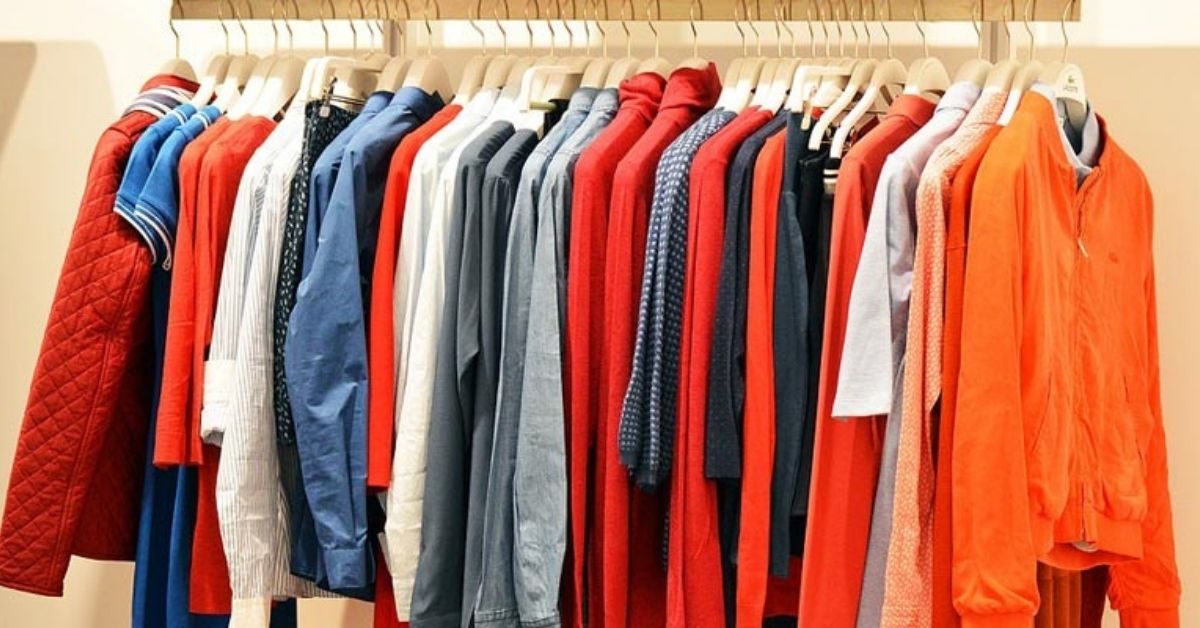The Bangladesh Garment Manufacturers and Exporters Association (BGMEA) has again proposed that the government grant more tax cuts for the apparel industry, citing losses made due to the Covid-19 pandemic.
In the 2019-20 fiscal year, this industry lost the most exports, which fell from $34 billion to $28 billion — which is about a 16% fall, said the BGMEA.
“We have submitted a budget proposal to the Ministry of Finance. We hope that the government will consider our proposals to help the import-export trade and the country’s economy to recover from the effects of Covid-19,” said Faruque Hassan, the recently elected president of the BGMEA.
BGMEA has proposed to reduce the tax at source on readymade garment exports from the existing 0.5% to 0.25% for the next five years and not to deduct income tax against this source tax.
During the budget announced last year, tax at source for the country’s apparel sector increased to 0.5% from 0.25% for the 2020-21 fiscal year.
Previously, the rate of collecting withholding tax on all sorts of export proceeds including that of RMG as stipulated in the Income Tax Ordinance was 1%, which was reduced to 0.25% through a statutory regulatory order (SRO).
Finance Minister AHM Mustafa Kamal had proposed to amend the ordinance to fix the rate of withholding tax on all sorts of export proceeds including that of RMG at 0.5% while presenting the budget for FY21.
But apparel lobbies wanted it to be set at 0.25% last time, and now the BGMEA has again put forth the same proposal on the table.
Hassan also told the Dhaka Tribune that the BGMEA has requested the government to keep the corporate tax rate at 10% for green factories and 12% for other factories for the next five years.
The apparel sector has enjoyed this reduced corporate tax rate throughout the ongoing 2020-21 fiscal year, and the BGMEA wants it to stay in place.
This special rate too was enforced through an SRO, the deadline for which was June 30 last year. But the finance minister had proposed to extend the time limit of the SRO by another two years.
The BGMEA has also demanded that the rate of the income tax deduction on incentives be reduced from 10% to 0%.
It has also proposed that the apparel sector be allowed to repay their incentive loans through 30 instalments in three years instead of 18 instalments in two years.
“We have also demanded duty-free facilities for the import of various eco-friendly equipment for the export-oriented garment industries. Moreover, we have also demanded to reduce the import duty on industrial racking system equipment from 15% to 0%,” the BGMEA president said.
The BGMEA has also sought the maximum cooperation of the finance ministry for the release of various imported goods and fire extinguishers.
“We have asked for complete exemption or rebates on excise duty, VAT, and all other taxes required to make factories safe, environmentally friendly, risk-free, and cost-effective,” Faruque Hassan further said.
Md Shamsul Alam, managing director of RMG exporter AKH Group, said that as the sector suffered a lot amid Covid-19, if it does not get some budget benefits from the government, the sector will face difficulties to survive.
“BGMEA has made some proposals. We, the owners, support all those proposals. If the government considers our proposals, the garment sector will be able to play a greater role in advancing the country’s economy amid the pandemic,” he added.
Talking to the Dhaka Tribune, spokespersons of several RMG factories like Snowtex Apparels, Anlima Textile, and Vertex Apparels also expressed their support for the BGMEA proposal.
The BGMEA also proposed to contribute Tk500 crore to the SME Assistance Fund and take steps to meet the emerging challenges in transitioning from a least developed country (LDC) to a developing one.
The apex apparel sector trade body has also sought funds for creating a virtual marketplace, which requires an allocation of Tk100 crore in the next budget.
It has also placed several proposals related to the sustainable development of the industry.
About 4.4 million workers are directly involved in the sector, while more than 50 million people are indirectly involved, according to the BGMEA.
Source : Dhaka Tribune








